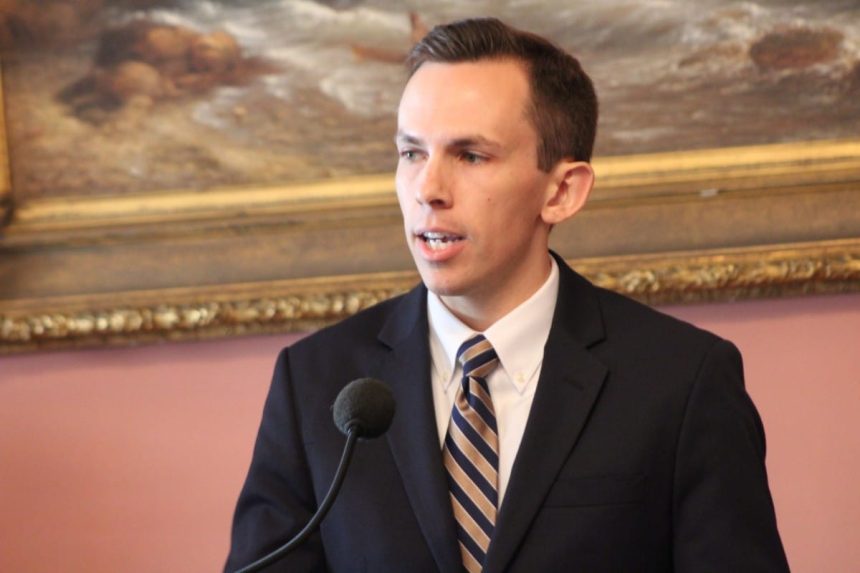Authored by State Auditor Shad White
The State Auditor’s office is in charge of finding the people who steal taxpayer money—your money—and holding them accountable. Ideally, we return the money to where it came from. This past year, we had a strong year: from July 2019 to June 2020, we returned 350% more to the taxpayers than we did in the previous year.
I’m proud of this result in my second year as State Auditor. Most importantly, I’m proud of the 135 men and women of the Auditor’s office who deserve the real credit.

I’m also dismayed, however, at how our problems with fraud and corruption seem to be worsening. Government employees need to do more to prevent fraud in the first place. To that end, my office wrote a list of things that can be done to stop fraud before it starts. In auditing-speak, we call these internal controls. They are the processes and rules you can put into place to prevent embezzlement. And, as it turns out, they are just as useful for private businesses as they are for government offices.
To prevent fraud, your office can:
- Ensure no one employee has too much control over multiple functions. For example, the person who reconciles the bank statement should not be the person who writes or signs checks. This is called “segregation of duties.”
- Perform background checks before hiring employees, especially employees who will handle money or financial matters. Check references and always ask if the employee would be eligible for “rehire.”
- Provide training for employees in their job functions. Watch employees closely until they have experience. The Auditor’s office performs over 70 trainings annually for government employees to help keep the honest ones informed and out of trouble if they want to stay out of trouble.
- Physically count assets on hand like cash or inventory. Frequent counts of assets like cash ensure you can pinpoint a timeframe when money went missing, if it goes missing.
- Perform reconciliations of key accounts monthly. Timely detection of unusual transactions can catch misappropriation or fraud.
- Require employees to take vacations annually. This prevents someone from covering up fraud. Fraudsters are often afraid to leave their desk, thinking their fraud might be discovered.
- Randomly rotate a job function for the day. For example, ask someone new to open the mail or take deposits to the bank.
- Number documents like purchase orders, checks, deposits, etc. sequentially and keep them secure when not in use.
- If cash is kept on site, perform surprise cash counts of registers, drawers, etc.
- If possible, install basic video cameras, especially in areas where assets are kept.
- Require employees to change computer passwords frequently. Make sure they are kept confidential. One government office lost millions recently when a hacker gained access to their financial advisor’s email account and sent an email to the bank. The bank wired the hacker millions of taxpayer dollars.
- If you are the boss, lead by example. Employees look to the boss for guidance for what’s right and wrong. Setting a strong, ethical example is important. Don’t bend or break rules, and others around you will follow your lead.
- And most importantly, if you work in a government office and you suspect someone has stolen government property or money or is engaged in fraud, you can report that to my office at 1-800-321-1275. We keep your identity anonymous. You can also establish a secure, anonymous way for your business’s employees to report suspicious activity, too. Whistleblowers are usually the reason fraud or theft is uncovered. Make it easy for employees to come forward.
If you would like to see more resources like this or our full list of internal controls, visit www.osa.ms.gov and look under the “Resources” tab. And if you would like regular updates on cases we investigate and arrests we make, you can follow me on social media. It’s an honor to work on behalf of you and to protect your money, each day.







